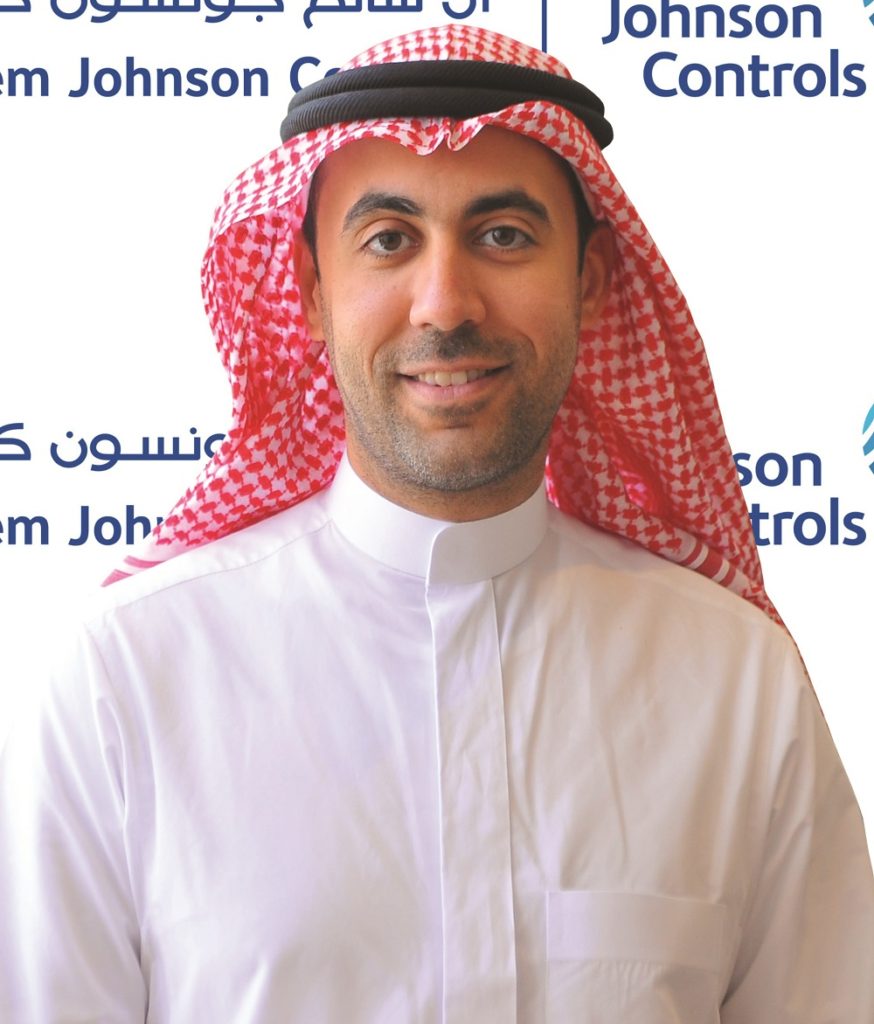Underlining that innovative solutions will help save energy and the environment in the long run, Dr Mohanad Alshaikh says that energy efficiency in all forms is vital to achieve Saudi Arabia’s Vision 2030, in which all companies need to be stakeholders.
– Dr Mohanad Alshaikh

Dr Mohanad Alshaikh
With growing technological innovations and economic expansion, countries can now control extremity in global weather conditions, thanks to the vast energy resources at their disposal. However, due care is of paramount consideration in tapping these solutions, as damage to the environment would be the unintended consequence. Any delay in taking the appropriate action would result in severe negative impact in the future. Thus, there is an urgent need to find and adopt an appropriate solution to mitigate future total global warming, while saving energy.
For instance, process cooling systems are critical in Saudi Arabia’s petrochemical industry, as addition or removal of heat is necessary during different stages of oil and gas production and transportation. While using seawater is the norm in the industry, owing to its availability, there are numerous problems that come with its use. The corrosive nature of seawater has been a huge concern for the petrochemical sector, as it decreases the efficiency of the systems and consumes more energy, thereby inflating expenditure. It is not just corrosion that comes with seawater but fouling, scaling, dust and microbial activity.
The Saudi government has expressed its commitment to localise a significant portion of the renewable energy value chain in the country’s economy, including research and development and manufacturing
With the recent unveiling of the Saudi Vision 2030, the HVAC industry has a great task ahead.
The Saudi government has expressed its commitment to localise a significant portion of the renewable energy value chain in the country’s economy, including research and development and manufacturing, among others, in its aim to generate 9.5 gigawatts of renewable energy. This is in light of the forecast of tripling energy consumption by 2030. Against this backdrop, the HVAC industry, especially the leading companies, have deemed it fit to share its expertise to help the government in achieving the goal smartly.
The major industry players can step in by fostering energy-efficient technology solutions in the HVAC industry and offering the best Building Management Systems (BMS) and smart home automation tools that can help customers create a better environment, while providing safety, sustainability and flexibility. In fact, every company’s philosophy should be in tandem with the Vision 2030’s aim of increasing the competitiveness of the Kingdom’s energy sector.
Increasing energy efficiency often costs money up-front, but in many cases, this capital outlay will be paid back in the form of reduced energy costs within a short period of time. This makes efficiency improvements an attractive starting point for reducing carbon emissions.
Energy efficiency is always a good idea. Whether it is in silica and petrochemicals, it results in energy savings. Saudi Arabia is determined to move in this direction. To quote Vision 2030, it underlines that “we have all the raw ingredients for success… we will guarantee the competitiveness of renewable energy through the gradual liberalisation of the fuels market”¹.
In the final analysis, efficient energy use is achieved primarily by means of a more efficient technology or process. Energy-efficient buildings, industrial processes and transportation could reduce the world’s energy needs and help control global emissions of greenhouse gases. Moreover, improving energy efficiency is a key tool for reducing CO2 emissions, alongside energy conservation and low-carbon energy sources, such as renewables and carbon capture and storage.
Dr Mohanad Alshaikh is CEO of Al Salem Johnson Controls. He can be contacted through wisam.iskanderani@jci.com.
Reference:
CPI Industry accepts no liability for the views or opinions expressed in this column, or for the consequences of any actions taken on the basis of the information provided here.
Copyright © 2006-2025 - CPI Industry. All rights reserved.